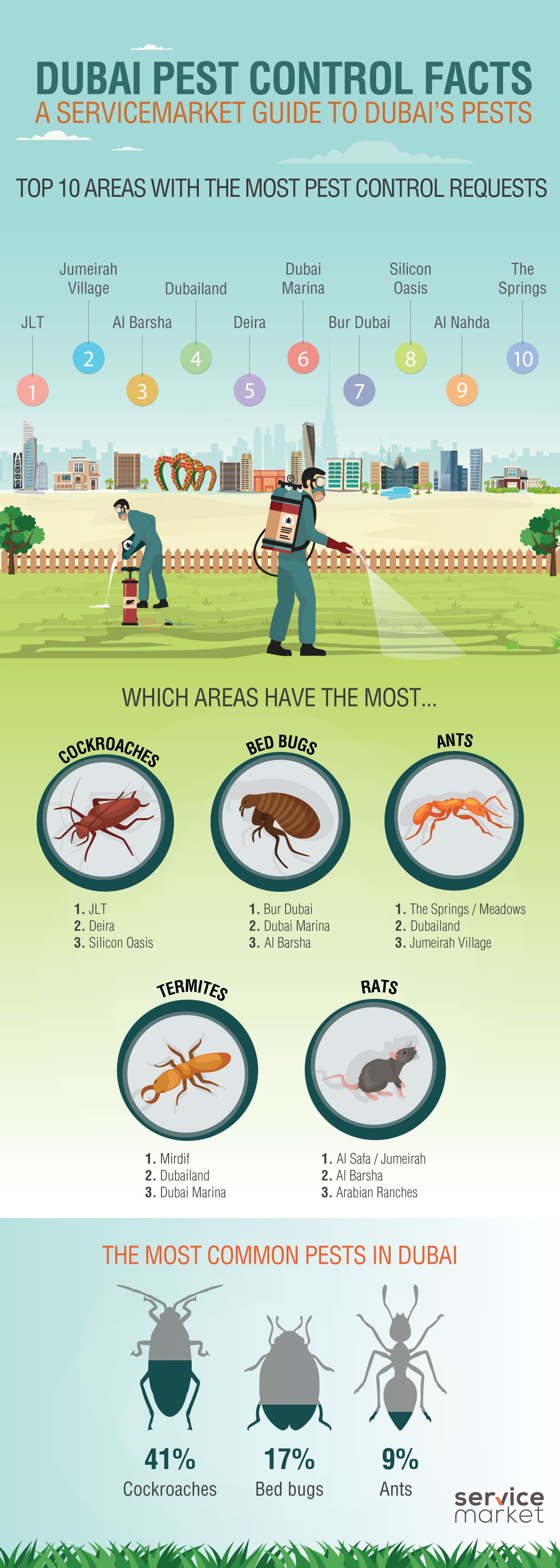The Role Of Pest Control In Food Safety And Security And Hygiene
The Role Of Pest Control In Food Safety And Security And Hygiene
Blog Article
Composed By-Halberg Futtrup
Are you aware of the hidden threats that parasites pose to the security and hygiene of your food? From rats to bugs, these unwanted visitors can pollute your components, surfaces, and storage areas.
This article explores the important role of pest control in maintaining the highest criteria of food safety and hygiene. Discover efficient strategies and avoidance steps that will help you secure your business, customers, and track record.
Don't allow pests compromise the quality of your food.
The Influence of Bugs on Food Security and Health
In your cooking area, parasites can have a considerable influence on food safety and security and hygiene. These undesirable visitors, such as rodents, insects, and cockroaches, can infect your food, surface areas, and tools with unsafe germs, infections, and parasites. They can conveniently access your kitchen, cabinets, and also your fridge, leaving droppings, urine, and hair.
pop over to this web-site can they ruin your food by chewing via product packaging, but they can additionally spread out illness like Salmonella, E.coli, and Listeria. Think of preparing a dish for your family, unaware that the ingredients you're utilizing are currently polluted.
It's crucial to take immediate activity to prevent and regulate bugs in your cooking area. Regular cleaning, appropriate food storage space, and expert insect control measures are important to make sure food safety and security and keep a hygienic setting in your cooking area.
Reliable Parasite Control Techniques for the Food Sector
Applying effective insect control strategies is vital for preserving food security and hygiene in the food industry. By executing these approaches, you can prevent pests from contaminating the food and guarantee that your items are secure for consumption.
One effective technique is to frequently check and check your center for indicators of bug task. This includes checking for droppings, nests, or any type of damages brought on by bugs.
It's likewise vital to secure all entrance indicate avoid bugs from going into the center. Routine cleaning and cleanliness are vital, as pests are drawn in to food residue and spills.
Furthermore, appropriate waste administration is critical to stop the buildup of food waste that can attract bugs.
Maintaining Health Standards Via Bug Avoidance Procedures
To maintain hygiene standards, you have to routinely carry out parasite prevention procedures. By taking proactive steps to stop pests from entering your food facility, you can guarantee the safety and security and sanitation of your facilities. Here are some effective insect avoidance measures to consider:
- Seal all splits and gaps: Pests can go into via even the smallest openings. Routinely inspect and secure any gaps in doors, windows, walls, and floorings to maintain pests out.
- Proper waste monitoring: Deal with food waste promptly and safely in sealed containers. This will certainly decrease the attraction of pests and stop invasions.
- Routine cleaning and disinfecting: Preserving cleanliness in your establishment is crucial. Routinely tidy and disinfect all areas, paying unique interest to locations where parasites might hide or breed.
- Implement a tracking system: Regularly examine your properties for signs of parasite activity. Mount pest tracking tools, such as traps or sensing units, to identify and deal with any type of potential problems beforehand.
Final thought
So keep in mind, when it involves food safety and health, parasite control plays an important function.
By implementing effective parasite control approaches and safety nets, we can make certain the highest requirements of tidiness and security in the food industry.
Don't let bugs compromise the quality of our food; let's stand together and protect our wellness and health.
